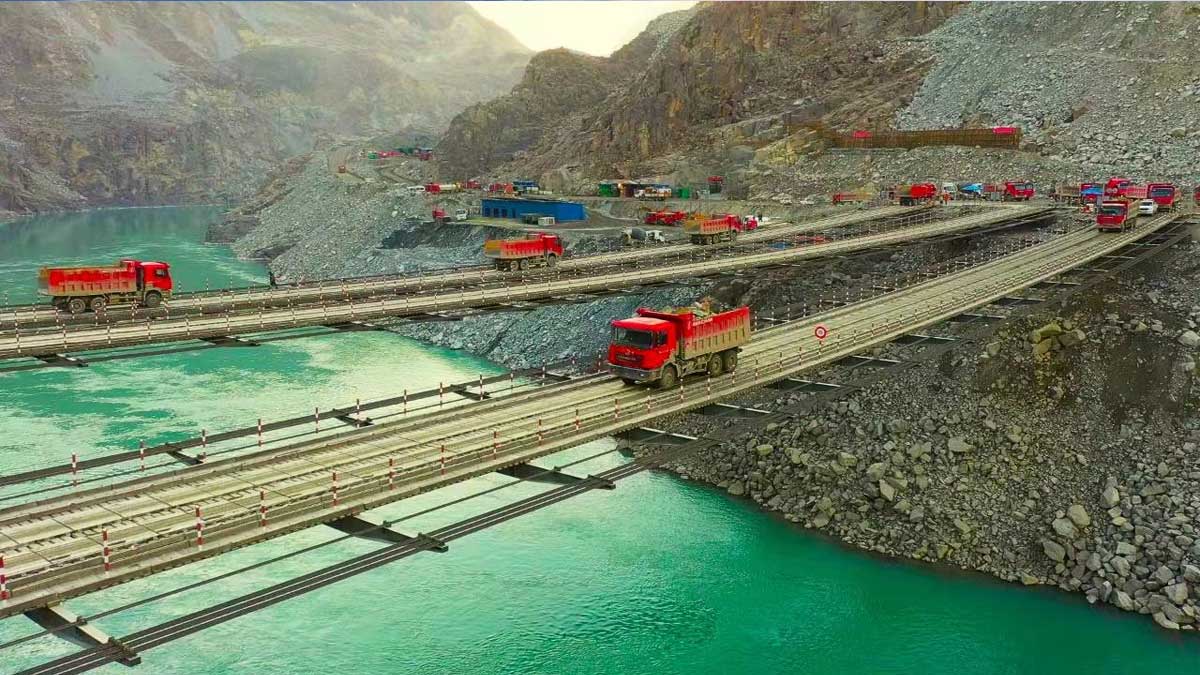The construction of the mega project of the Diamer-Bhasha dam would prove to be a lifeline for the country’s future, improve the energy mix, decrease huge oil import bills and bring down the cost of doing business, businessmen have expressed hope.
In a statement issued by Lahore Chamber of Commerce and Industry (LCCI) President Mian Nauman Kabir said that Pakistan was ranked among those countries where water shortage was getting severe.
He added that Pakistan was challenged with water shortfall in spite of being blessed with all resources.
“Pakistan is in a dire need of a different energy mix aimed at curtailing the lofty oil import bill and bringing down the cost of doing business as these issues are hampering the economic growth,” the LCCI president said.
Showing water shortage concerns in the country, the LCCI president said that the water storage capacity had decreased by a huge proportion, adding that it was being observed partly because of the aversion of people toward water and power projects.
Pakistan is an agricultural country and cannot afford water deficiency at any cost, Kabir added. The country mostly relies on two big dams only i.e. Mangla and Tarbela.
Read more: Pakistan Plans to Protect Ancient Rock Carvings at Diamer-Bhasha Dam site
Moreover, shortage of storage reservoirs and wastage of water were the main causes of the daunting water shortage in the country, the LCCI president said.
“Pakistan can hardly escape from becoming a desert unless drastic measures are not taken instantly,” he mentioned.
“Sufficient availability of water is a must for sustainable development but in Pakistan, the per capita availability of the resource is decreasing because we do not have enough reservoirs for storage of water”.
Besides, the LCCI president also highlighted that with every passing year, the country was getting inching closer to mass starvation owing to a severe cut in water availability. While mentioning the figures, he said that water availability fell from 5,000 cubic meters per capita in the 1950s to around 1,000 cubic meters at present.
“After every two to three years, we face nationwide emergency due to floods that adversely affect our economy and push us back many years,” he said.





















